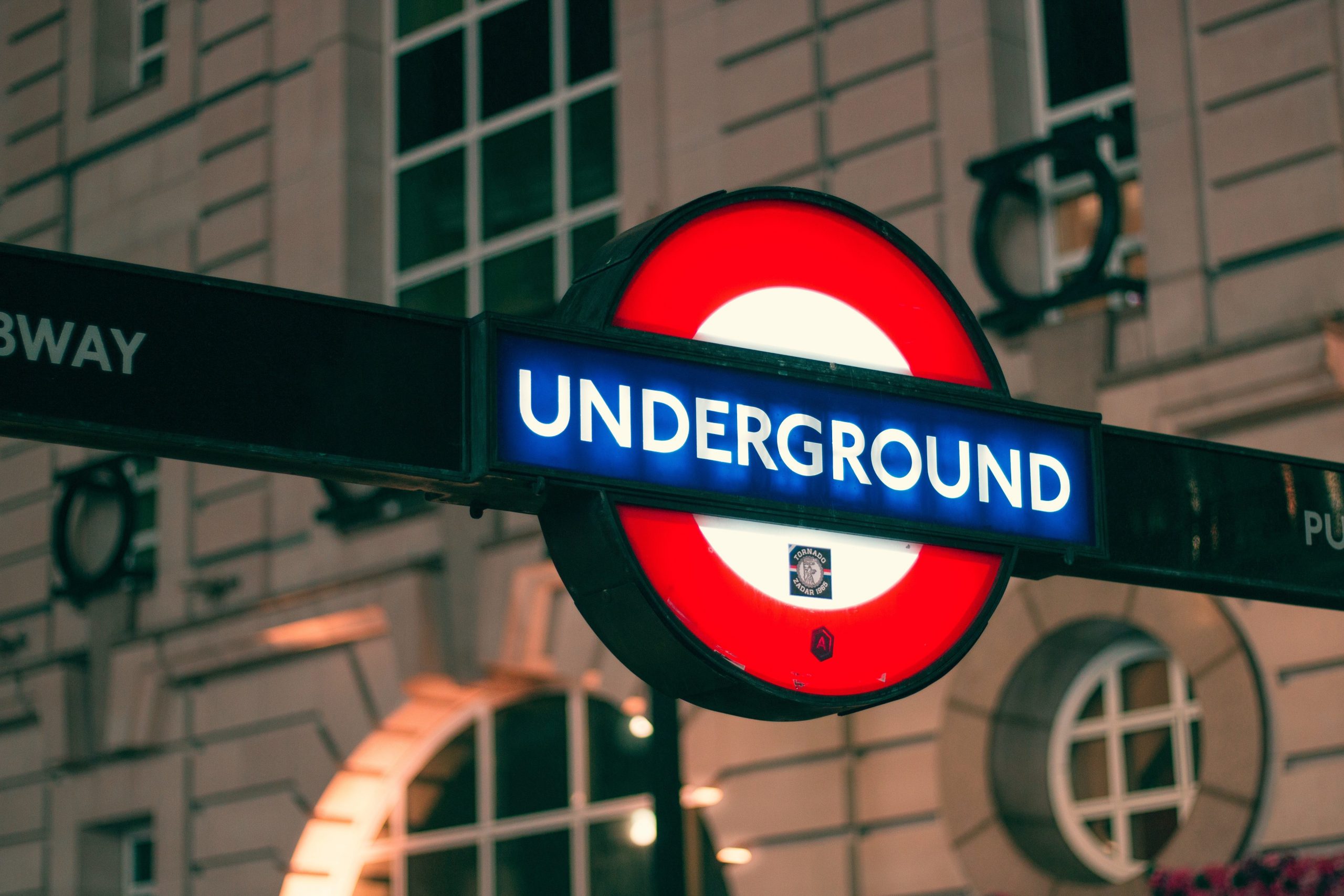Qatar has launched a review of its London investments after the city’s transport authority banned its adverts on the capital’s public transport – the move was slammed by Doha as”another blatant example of double standards”.
Qatar is reviewing its “current and future investments” in London after a ban by the British capital’s transport authority on Doha’s advertisements, a person privy to the matter told the Financial Times (FT) on Friday.
According to the report, the Transport for London (TfL) has decided to ban Qatar’s tourism adverts on the capital city’s buses, taxis and Tube.
The decision came after European teams were banned from wearing the “One Love” armbands supporting the LGBTQ+ community on the pitch during the 2022 FIFA World Cup in Qatar.
However, the decision over the OneLove armbands was made by the football governing body, FIFA, which said that any modification to the gear used by players on the field requires its approval.
A person involved in the review told the British paper that the TfL ban “has been interpreted as a message from the mayor’s [Sadiq Khan] office that Qatari business is not welcome in London”.
The source also told the FT that the London transport authority has informed several agencies from the Gulf state about the ban this week, including Qatar’s tourism authority and Q22, the World Cup body in Doha.
The source added that Qatar was “considering investment opportunities in other UK cities and home nations”, noting that the ban will not affect Qatar’s ties with the British government.
The development came as a surprise given Qatar’s billion pounds worth of investments in London, most notably its ownership of high-end department store Harrods.
The Qatar Investment Authority (QIA) acquired the store in 2010 for a whopping $2.3 billion deal – becoming the fifth owner of Harrods since it was founded in 1840.
Other major Qatar investments in London include ownership of the iconic Shard building, Chelsea Barracks, and the Savoy and Grosvenor House hotels. Doha also has a 20% stake in Heathrow airport.
The ban came following a 2019 request by Khan to “review how it treats advertising and sponsorship from countries with anti-LGBT+ laws”.
The TFL, chaired by the London mayor, then removed new advertisements from 11 states including Qatar, Saudi Arabia, Pakistan, and Brunei. The transport entity noted that some Qatari adverts continue to be on display.
A spokesperson for Khan said the mayor was not involved in daily decisions over the TfL’s advertisements.
The transport body said it provided guidance on what the FT described as “acceptable advertising” during the World Cup to “partners and brands, with further guidance”.
Doha News has contacted authorities in Qatar for a comment but has yet to receive a response.
‘Blatant double standards‘
Meanwhile, the person involved in the review said Doha saw the TfL ban as yet “another blatant example of double standards and virtue signalling to score cheap political points around the Qatar World Cup”.
“TfL accepts advertising from the United Arab Emirates and Saudi Arabia, and has several commercial interests in China, but there is no suggestion that those agreements will be pulled,” the source told the FT.
The latest move echoes a wider anti-Qatar campaign that the Gulf state has faced since it won the bid in 2010 to host the World Cup.
Doha has been under relentless scrutiny, mainly from the West, over its stance on the LGBTQ+ community and alleged mistreatment of migrant workers.
The criticism, which failed to note Qatar’s major reform on migrant workers’ rights, has been slammed as “racist” by officials from the Gulf country and beyond.
The TfL’s decision itself has shown apparent hypocrisy, with Khan turning a blind eye to grave human rights abuses against Palestinians by the occupying Israeli forces. In 2018, the TfL spoke out against bus stop ads saying: “Israel is a racist endeavour”.
At the time, Khan’s spokesperson said that the adverts were “offensive” and “an act of vandalism”.
“These offensive adverts are not authorised and are acts of vandalism which Transport for London and its advertising partner take extremely seriously. They have instructed their contractors to remove any posters found on their network immediately,” said the spokesperson at the time, as quoted by Politics Home.
More applications of double standards were highlighted on Sunday during the long-awaited opening ceremony of the 2022 World Cup.
The BBC had snubbed the opening ceremony and instead broadcasted a dull monologue by sports presenter Gary Lineker criticising Qatar over alleged corruption and human rights abuses.
The news package came while the opening ceremony itself delivered a message of peace and unity, and displayed the beauty of sports. It also included a peaceful recitation of the holy Quran, spreading the message of Islam as a religion of acceptance and tolerance.
The BBC’s refusal to air the opening ceremony was met with hundreds of complaints from viewers, who cited an “inappropriate or overly critical coverage of Qatar”.
The BBC has also come under fire for applying a starkly different approach to the 2018 World Cup in Russia, after human rights groups raised concerns over Moscow’s rights record.
Reports that resurfaced online this week showed Lineker defending Russia, adding that the “corrupt” United Kingdom should not judge Russia for hosting the World Cup.
“Who are we to start getting judgemental on who should have the World Cup?” he said at the time in comments to Radio Times.
At the time, Western media remained silent on Russia’s human rights violations, especially in Syria, where Moscow had launched a bombing campaign in support of Bashar Al-Assad’s regime.







